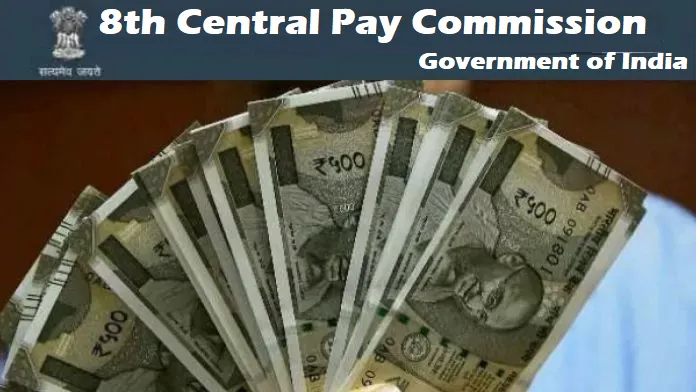8th Pay Commission: Lakhs of central government employees and pensioners are waiting for the implementation of the 8th Pay Commission. But, it seems that their wait is going to be long. Actually, the central government had approved the 8th Pay Commission in January this year. After that it was expected that central employees and pensioners would start getting salary and pension under the 8th Pay Commission from January 2026. However, this does not seem to be happening for now.
Why will there be a delay in the implementation of the 8th Pay Commission?
All the processes related to the 8th Pay Commission are moving at a very slow pace. Till now neither the commission has been formed nor its Terms of Reference (ToR) have been decided.
Experts believe that given the current situation, it seems difficult to implement the recommendations of the 8th Pay Commission from January 2026.
In how much time did the 7th Pay Commission submit its report
The 7th Pay Commission was constituted in February 2014 and implemented from January 2016. During that time, the government took about two years to prepare the report, get approval from the Cabinet and ensure implementation.
But the non-formation of the 8th Pay Commission till mid-2025 clearly indicates that its implementation may be delayed. If media reports are to be believed, the pay revision may be delayed till the end of 2026 or early 2027.
What can be the fitment factor
The fitment factor plays an important role in the recommendations of the Pay Commission. It is based on this that the minimum basic salary will increase. In the 7th Pay Commission, this factor was 2.57, due to which the minimum basic salary was increased from ₹ 7,000 to ₹ 18,000.
Experts estimate that the fitment factor in the 8th commission can be between 1.92 to 2.86. If a fitment factor of 2.86 is adopted, the minimum wage can reach ₹ 51,000. However, considering the fiscal burden, a figure between 2.6 to 2.7 is considered closer to reality.
How will DA and pension change?
With the recommendations of the 8th Pay Commission, Dearness Allowance (DA) will be included in the basic salary. Currently, the rate of DA is around 55%, which is effective from January 2025. Another increase is expected in July 2025. The merger of DA in the new salary structure will increase the total salary, but with this the new DA calculation will start from zero again. This may limit the increase in DA in the next few years.
The same structure applies to pensioners as well. There, Dearness Relief (DR) is included in the basic pension. This can bring a big change in the monthly pension. Pensioners’ organizations have demanded transparency and clarity in this process.
